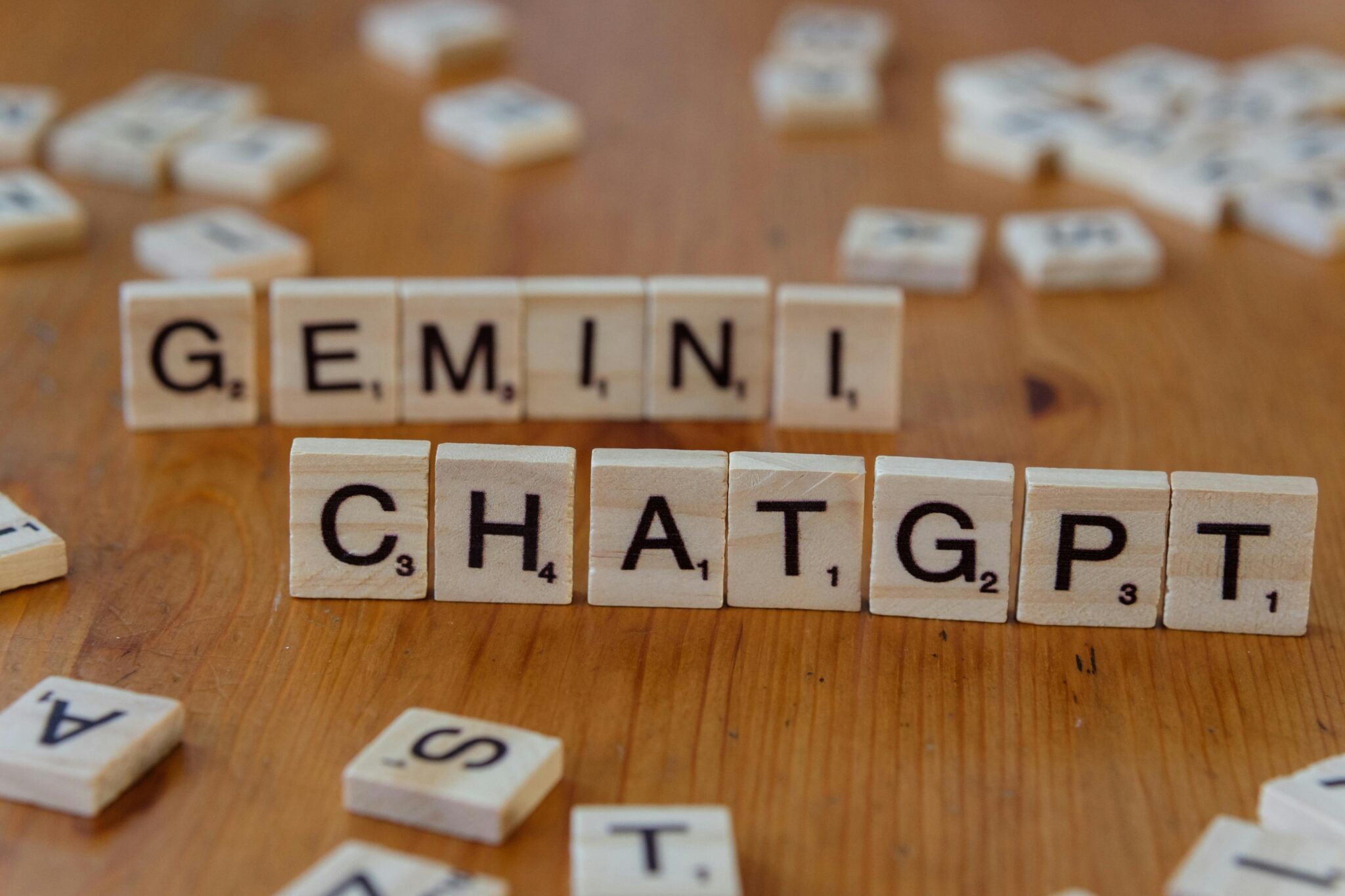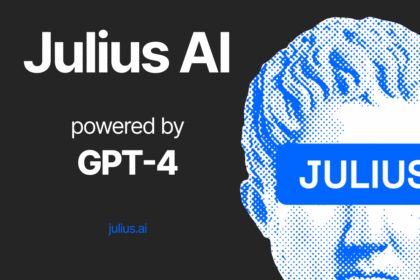AI referrals to websites just grew 357%, but Google’s still doing 190 billion more. For now. If Google Search is the sun, then AI is still somewhere in toddler-space-rock territory, but it is picking up speed. New data from Similarweb shows that in June 2025, AI platforms referred 1.13 billion visits to the world’s top 1,000 websites. That’s a 357% increase in just one year.
Sounds impressive, right? Until you look at Google’s numbers: 191 billion referrals in the same month. That is not just a flex, it is a whole yoga class. Still, let’s not dismiss that 1.13 billion. That is not nothing. It is more like: “Hey, AI referrals just walked into the party. They’re not running the DJ booth yet, but people are noticing.”
Publishers are bracing for “Google Zero”
While the total AI numbers are still dwarfed by Google, the direction of the growth has publishers paying attention, and possibly stress-scrolling at 3 a.m.
The media industry is already buzzing about a doomsday scenario called “Google Zero”, a hypothetical (but increasingly plausible) day when Google stops sending traffic to news websites entirely.
Some of this worry is fueled by actual numbers: a Pew Research Center study found that when Google’s AI Overviews appear in search results, people are half as likely to click through to actual sites. In a sample of 69,000 searches, AI Overviews showed up 18% of the time, and people clicked a link only 8% of the time. Without the summary, clicks nearly doubled to 15%.
This is exactly the kind of thing that keeps digital newsrooms sweating through their analytics dashboards. Despite all that, AI referrals to news and media sites are up 770% since June 2024. So yes, while AI summaries might reduce clicks from Google, traffic from AI platforms themselves is rising fast. It’s a mixed bag of “uh oh” and “oh hey.”
Related: Google AI Overviews Hit 2B Users, AI Mode Reaches 100M in US and India
Some outlets are faring better than others, especially those that have not sued OpenAI.
Among the winners:
- Yahoo (2.3M referrals in June)
- Yahoo Japan (1.9M)
- Reuters (1.8M)
- The Guardian (1.7M)
- India Times (1.2M)
- Business Insider (1.0M)
The New York Times, by contrast, is nowhere to be seen, possibly because it is currently suing OpenAI for using its content to train models. That lawsuit is also why the OpenAI website itself was excluded from the Similarweb analysis; most of its traffic was, predictably, from ChatGPT pointing back to itself.
Spoiler: ChatGPT is running the show, accounting for more than 80% of all AI referrals to the top 1,000 websites. Other contributors include Gemini, Claude, Perplexity, DeepSeek, Grok, and Liner, but none are matching OpenAI’s sheer volume… yet.
Beyond news, AI referrals are hitting all kinds of categories:
- E-commerce: Amazon (4.5M), Etsy (2.0M), eBay (1.8M)
- Tech & social: Google (53.1M), Reddit (11.1M), Facebook (11.0M), GitHub (7.4M), Instagram (4.7M)
- Science & education: Wikipedia (10.8M), NIH.gov (5.2M), ResearchGate (3.6M)
- Real estate: Zillow (776K), Kayak (456K)
- Fashion: Zara (325K)
So whether you are buying a dress, booking a flight, or Googling “how do I know if my robot is sentient?”, AI platforms are increasingly sending you places. Google’s dominance is far from over, but AI is no longer a fringe player in web traffic. This is the early stage of what might be a fundamental shift in how people navigate the internet.
AI platforms are not just search engines; they are answer engines. And the more we trust them to give us direct answers, the fewer clicks websites will get. Unless… those same AI tools start sending users back to those sites in smarter, more meaningful ways. Will AI become the next great traffic driver, or just the world’s smartest middleman?







